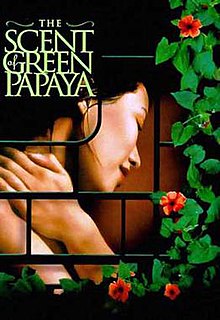Films about inner-city gardens suggest interactions between human and nonhuman nature may restore both, providing psychological benefits for humans that also encourage the nurturing that allows the natural world to thrive. But that psychological need to affiliate with nature only becomes possible if other human basic needs are fulfilled.
When the garden turns into a source of food, it begins to serve those without access to fresh fruits and vegetables. Ideally it also transforms food deserts into urban farms that rest on principles of the sustainable development movement espoused by the Brundtland Commission. According to the Commission’s 1987 report, sustainable development is simply the “ability to make development sustainable—to ensure that it meets the needs of the present without compromising the ability of future generations to meet their own needs” (quoted in Kates, et al 8). Documentaries and fictional films exploring urban farming celebrate those farms that promote sustainable development practices. The best of these films showcase practices that align and facilitate sustainable economic, social, and environmental development.
One of the most popular urban farming films, the stop-action animation wonder Wallace and Gromit: The Curse of the Were-Rabbit (2005), illustrates how human and nonhuman nature can work collaboratively to facilitate sustainable development in a community of urban farms. Set in an urban setting where police officers still walk a beat, The Curse of the Were Rabbit offers both laughs and suspense, with a plot addressing individual farms constructed not only to supply food but also to grow champion vegetables for an annual contest. When a giant were-rabbit begins devouring award-winning vegetables, owners and operators of the Anti-Pesto company, Wallace (Peter Sallis) and his dog Gromit set out to stop the destruction and save the farmers and their annual event.
Although this comic plot seems more like entertainment than bearer of environmental message, the resolution to the conflict points toward the kind of sustainable development recommended by the Brundtland Commission. Ultimately Wallace and Gromit not only solve the mystery when they discover the source of the were-rabbit; they also choose a sustainable solution that protects vegetables, rabbits, and the community: a wildlife refuge on Lady Campanula Tottington’s (Helena Bonham Carter) estate that allows both urban farms and bunnies to prosper.


/cdn.vox-cdn.com/uploads/chorus_image/image/55176903/wererabbit.0.jpg)


